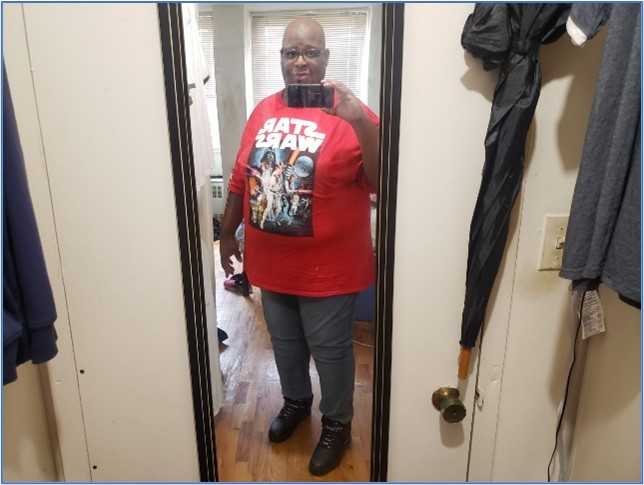After Years of Waiting, Medicaid Expansion Coming in 2023
Posted December, 13 2022 by Amanda Dunker
By Heidi Siegfried, Center for Independence of the Disabled in New York (CIDNY)
The Affordable Care Act increased the income eligibility level for adults without disabilities to 138% of the Federal Poverty Level ($1,563 a month) in 2012. Despite this change, Michael Howard, a 40-year-old man with a mild intellectual developmental learning disability, whose income is $300 a month below the Poverty Level, takes $110 out of his bank account every month and purchases a money order. He mails it to the Medicaid office at the World Trade Center. He does this to keep his Medicaid health coverage. He has been doing this for 7 years.
Why was this happening? Because when the new income eligibility limits were adopted, the “old” Medicaid income eligibility standards ($934 a month in 2022) were retained for people who are in the “Aged, Blind or Disabled” Medicaid eligibility category. Thus, Mike must either incur medical bills in excess of $110 or pay into the Medicaid program to meet his Medicaid monthly “surplus”. Without this he will not have health coverage.
With some savvy budgeting, Mike manages to pay his rent, his cellphone bill, and a $230 cable bill. He shops for the foods he likes but with the increase in food prices, he must, at times, put some items back. His budget cannot accommodate the rising cost of food and his out of pocket medical expenses. He uses four fans instead of an air conditioner because he is worried about the extra electric utility expenses. He says that if he had an additional $110 a month, he would like to save it for a vacation. He would like to visit some more states. He says, “Surplus must go.”
The good news is that the Governor and legislature rectified this discrepancy in the New York State budget that was adopted in April of 2022. In 2023, people with disabilities will have the same income eligibility levels as people without disabilities. This month the New York State Health Department is sending letters to people who have a surplus in the Excess Income (Spenddown) Program telling them how to request a recalculation of their income. And people like Mike will not need to decide between paying for basic needs or medical expenses.


